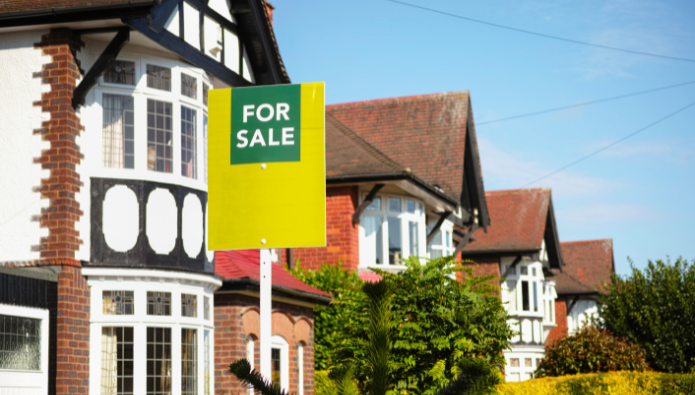
Table of Contents
- Overview of House Selling Costs in the UK
- Breaking Down the Costs of Selling Your Home
- Estate Agent Fees Explained: Traditional vs Online Agents
- Conveyancing Fees: What Sellers Need to Know
- Additional Selling Costs: Auction and Valuation Fees
- Preparing Your Property for Sale
- Strategies to Increase Home Sale Value
Selling a house in the UK comes with various costs that can significantly affect your financial planning. From estate agent fees to legal costs, understanding these expenses in 2024 is crucial for anyone looking to sell their property. In this guide we will explore the typical costs involved in selling a house in the UK, providing potential sellers with a comprehensive breakdown of what to expect and how to prepare.
Overview of House Selling Costs in the UK
When selling a house in the UK, you need to be aware of several key expenses that will impact the total cost of the transaction. These costs vary widely depending on the value of your property, the selling method chosen, and the services you require. Generally, you can expect to pay for estate agent fees, conveyancing charges, and potentially auction. Additionally, preparing your house for sale can incur costs related to cleaning and repairs.
Breaking Down the Costs of Selling Your Home
The primary costs involved in selling a home include:
- Estate Agent Fees: These can range from 1% to 3% of the sale price plus VAT, depending on the level of service you opt for.
- Conveyancing Fees: Legal fees to handle the transfer of property can vary from £500 to over £1,500, depending on the complexity of the sale and the type of property.
- Additional Disbursements: These might include costs for EPC (Energy Performance Certificate), surveyor fees, and other administrative expenses.
These costs are necessary to ensure the legal and smooth transfer of property from seller to buyer.
But remember as a gesture of good will, when you choose an estate agent through Agent Checker you will be automatically entitled to our cash back of £150! Start comparing your local estate agents now to redeem this offer.
Estate Agent Fees Explained: Traditional vs Online Agents
Choosing the right estate agent is pivotal in the selling process. Traditional agents usually charge a percentage of the property sale price, which can significantly vary. In contrast, online agents often offer a fixed fee, however their service is limited on the package you choose which may increase. We have created the ultimate guide to help you with understanding more about choosing an estate agent.
Conveyancing Fees: What Sellers Need to Know
Conveyancing fees cover the legal aspects of selling a property. These fees are split between fixed legal fees and disbursements that cover additional legal expenses. Sellers should expect to pay different amounts based on whether the property is freehold or leasehold, with leasehold properties typically incurring higher fees due to the additional legal work required. For freehold properties the average cost is between £500 to £1,500, whereas leasehold it may start from £800 and go up to £1,800.
Additional Selling Costs: Auction and Valuation Fees
For those considering selling through an auction, expect to pay entry fees and a percentage of the sale price as a commission to the auction house. Additionally, getting your property valued by a professional surveyor can cost between £300 and £600, which is essential for setting a realistic selling price.
Preparing Your Property for Sale
Investments in preparing your property can have significant returns. For example, simple actions like deep cleaning, minor repairs, and a fresh coat of paint can enhance the property’s appeal and potentially increase its market value. Sellers should focus on cost-effective improvements that offer the most significant return on investment. For an in-depth guide on how to prepare your home checkout our article, where we break down everything you need to do to prepare your home for sale!
Strategies to Increase Home Sale Value
To maximize the sale value of your home, consider strategic improvements and staging techniques. Furthermore, updating key areas like kitchens and bathrooms, enhancing curb appeal, and staging the home to showcase its best features can attract more buyers and higher offers. Understanding current market trends and buyer preferences can also guide these enhancements to ensure they meet potential buyers’ expectations and desires.
